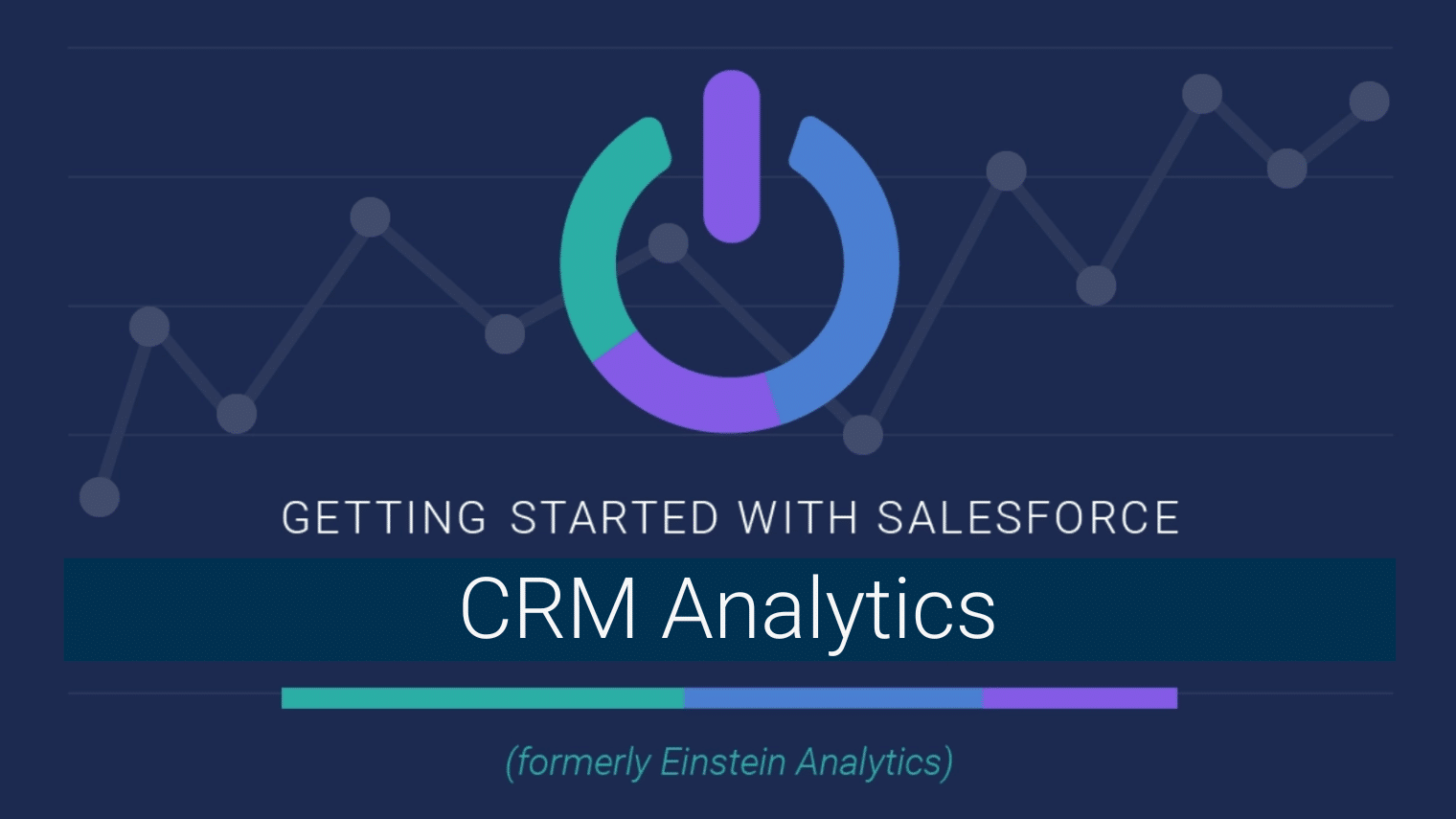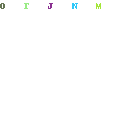In today’s dynamic business landscape, data reigns supreme. The ability to harness, analyze, and derive insights from data is a critical asset for any organization striving to stay competitive. Salesforce Tableau CRM, formerly known as Einstein Analytics, is a powerful tool that enables businesses to visualize and understand their data like never before. However, to truly leverage the potential of Tableau CRM, organizations must invest in comprehensive Salesforce tableau crm course training programs for their teams.
Understanding the Power of Salesforce Tableau CRM
Salesforce Tableau CRM is more than just a data visualization tool. It is an advanced analytics platform that empowers users to explore data, uncover trends, and make data-driven decisions in real-time. By combining artificial intelligence, machine learning, and intuitive visualizations, Tableau CRM transforms complex data sets into actionable insights that drive business growth.
The Importance of Training
While Tableau CRM offers a user-friendly interface, mastering its full potential requires training and expertise. Training programs provide users with the knowledge and skills needed to navigate the platform efficiently, build custom dashboards, create predictive models, and interpret data accurately. Moreover, training ensures that organizations maximize their return on investment in Tableau CRM by empowering employees to leverage its capabilities effectively.
Key Components of Salesforce Tableau CRM Training
- Basic Navigation: Training begins with the fundamentals, teaching users how to navigate the Tableau CRM interface, access data sets, and understand basic terminology.
- Dashboard Creation: Participants learn how to build interactive dashboards tailored to their specific business needs. They explore different visualization options, design best practices, and techniques for creating compelling data stories.
- Data Preparation: Understanding data preparation is crucial for accurate analysis. Training covers techniques for data cleansing, transformation, and integration from various sources into Tableau CRM.
- Advanced Analytics: Advanced training modules delve into predictive analytics, machine learning, and AI-powered insights. Participants learn how to create predictive models, identify trends, and forecast future outcomes.
- Collaboration and Sharing: Tableau CRM enables seamless collaboration and sharing of insights across teams. Training programs teach participants how to collaborate on projects, share dashboards securely, and communicate findings effectively.
- Administration and Security: For administrators, training covers platform administration, user management, and security best practices to ensure data integrity and compliance with regulatory requirements.
Benefits of Tableau CRM Training
- Enhanced Decision-Making: Training equips users with the skills to derive actionable insights from data, enabling informed decision-making at all levels of the organization.
- Increased Productivity: Proficient users can analyze data more efficiently, reducing the time spent on manual processes and enabling faster response to business challenges.
- Improved Collaboration: Training fosters collaboration among teams by providing a common platform for data analysis and sharing insights across departments.
- Competitive Advantage: Organizations that invest in Tableau CRM training gain a competitive edge by harnessing the full potential of their data to drive innovation and strategic initiatives.
Conclusion
Salesforce Tableau CRM training is not just about mastering a software tool; it’s about empowering organizations to unlock the full potential of their data. By investing in comprehensive training programs, businesses can equip their teams with the skills and knowledge needed to drive data-driven decision-making, foster collaboration, and gain a competitive edge in today’s data-driven world.
